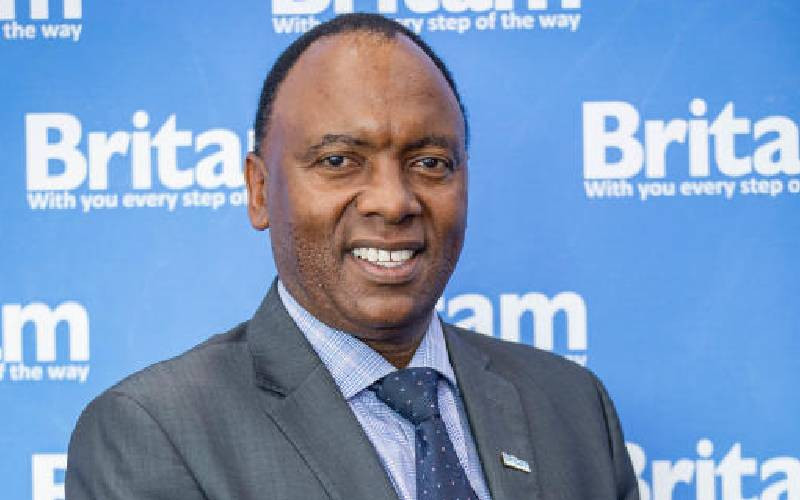×
The Standard e-Paper
Join Thousands Daily

As the world ushered in the New Year in 2021, an inevitable but weighty change occurred in corporate Kenya.
Benson Wairegi - the longest serving chief executive of a Nairobi Securities Exchange (NSE)-listed firm - retired after 40 years in Britam Group's corner office. The transition, even though anticipated, also carried with it the risk of organisational disruption on the back of a ravaging Covid-19 pandemic whose economic havoc on livelihoods and businesses is still rippling.